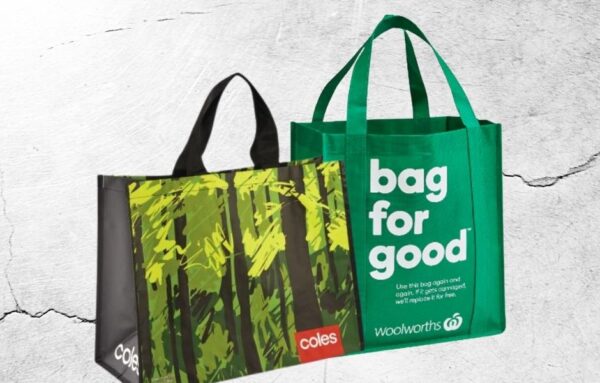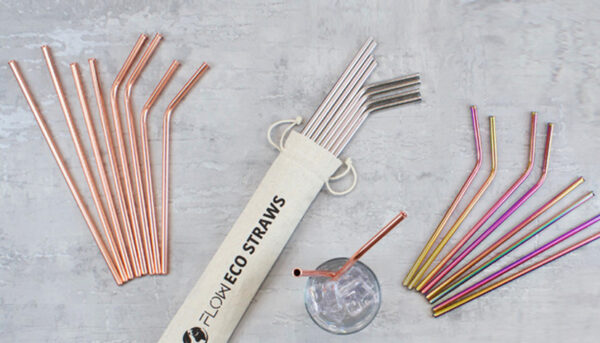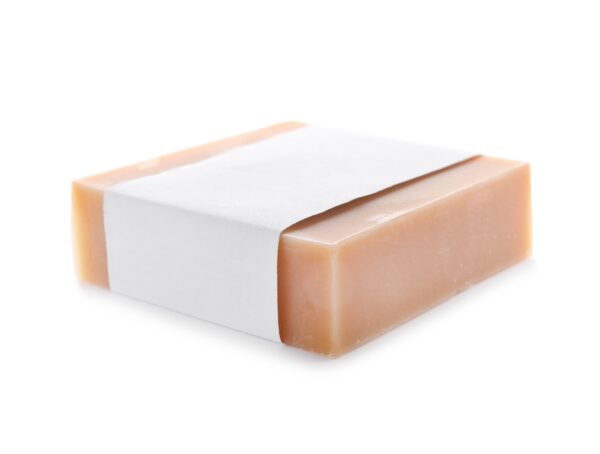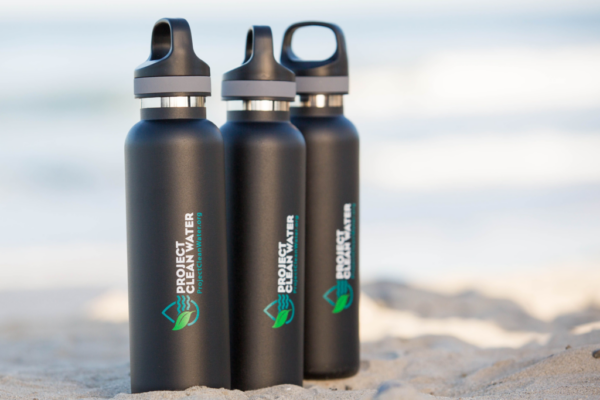Trendy Lifestyle Hacks
10 Ways To Replace Plastics In Our Daily Life
As plastic pollution becomes a growing concern, finding alternatives to single-use plastics is essential. Adopting sustainable substitutes for everyday plastic items can significantly reduce environmental impact.
From easy swaps to mindful habits, these changes help lessen our plastic footprint and promote a healthier planet. Here are ten effective ways to replace plastics in your daily life and support a greener environment.
1. Switch to Reusable Bags

Single-use plastic bags are a major contributor to pollution. By using durable, reusable cloth or canvas bags, you can significantly cut down on plastic waste. These bags are sturdier, can carry more weight, and can be used repeatedly, helping to conserve resources and reduce landfill contributions.
2. Use Glass or Stainless Steel Containers

Plastic containers can leach harmful chemicals into food, especially when heated. Opting for glass or stainless steel containers eliminates this risk. These materials are non-reactive, do not degrade over time, and are recyclable, making them safer for food storage and better for the environment.
3. Choose Metal or Bamboo Straws

Plastic straws are often used briefly but persist in the environment for hundreds of years. Switching to reusable metal or bamboo straws helps prevent this issue. They are durable, easy to clean, and can be carried with you, reducing the need for single-use plastics and supporting eco-friendly practices.
4. Buy in Bulk
Purchasing products in bulk reduces the need for individual plastic packaging. By bringing your own containers to bulk stores, you minimize packaging waste. Bulk buying not only helps reduce plastic waste but often results in lower costs per unit, making it both an economical and environmentally friendly choice.
5. Use Bar Soap Instead of Liquid Soap

Liquid soaps typically come in plastic bottles, whereas bar soaps often have minimal or no packaging. Bar soaps are just as effective for personal hygiene and reduce plastic waste. Choosing bar soaps helps decrease the demand for plastic packaging and can lead to a reduction in plastic pollution.
6. Switch to Reusable Water Bottles

Single-use plastic water bottles are a significant environmental concern. Reusable bottles made from stainless steel or glass are a sustainable alternative. They keep beverages cold or hot, are durable, and help reduce the consumption of single-use plastics, leading to less environmental waste.
7. Avoid Single-Use Plastic Utensils
Single-use plastic cutlery contributes to plastic waste and environmental pollution. By using reusable metal or bamboo utensils, you not only avoid single-use plastics but also support a reduction in plastic production and waste. These alternatives are durable, easy to clean, and can be carried in a compact case for convenience.
8. Choose Eco-Friendly Cleaning Products
Many cleaning products come in plastic bottles that end up in landfills. Opting for products with recyclable or compostable packaging, or making your own cleaning solutions with ingredients like vinegar and baking soda, helps reduce plastic waste. These eco-friendly options are effective and minimize the environmental impact of household cleaning.
9. Buy Loose Produce
Fruits and vegetables often come wrapped in plastic, contributing to waste. Purchasing loose produce and using reusable produce bags helps reduce the amount of plastic packaging. This practice not only minimizes waste but also supports local farmers and markets, contributing to a more sustainable food system.
10. Use Cloth Napkins
Disposable paper napkins generate significant waste. Cloth napkins, on the other hand, are washable and reusable, reducing the need for single-use paper products. They are available in various designs, can be used multiple times, and contribute to a reduction in paper waste, making them an eco-friendly choice for everyday use.

